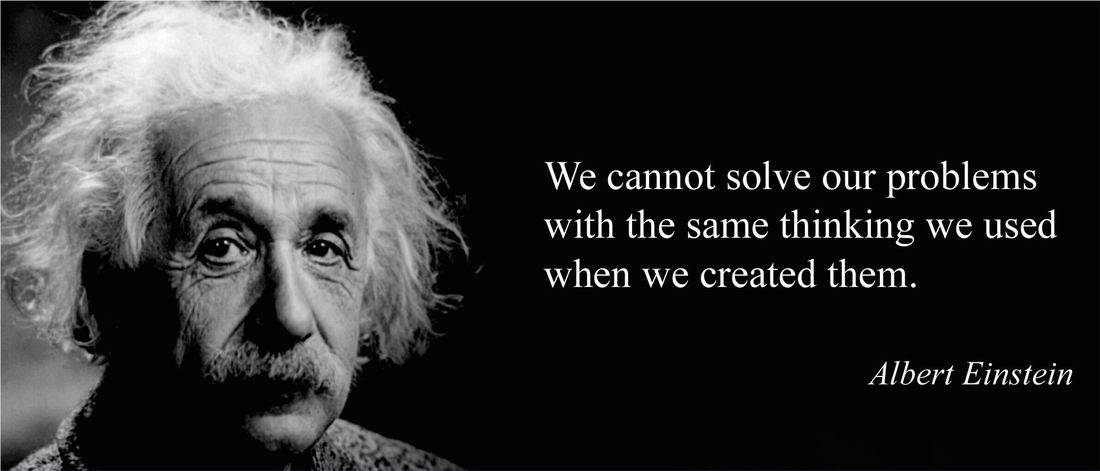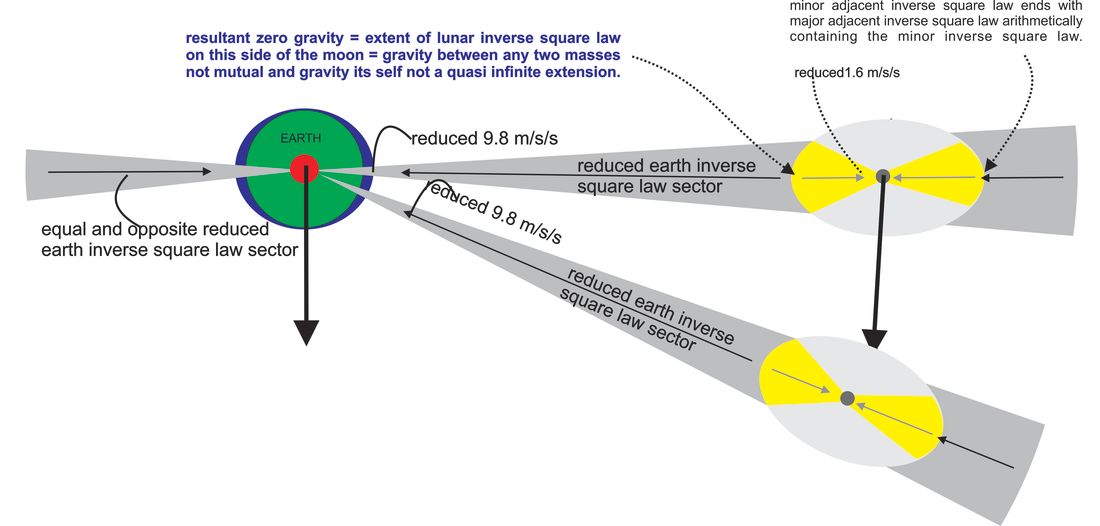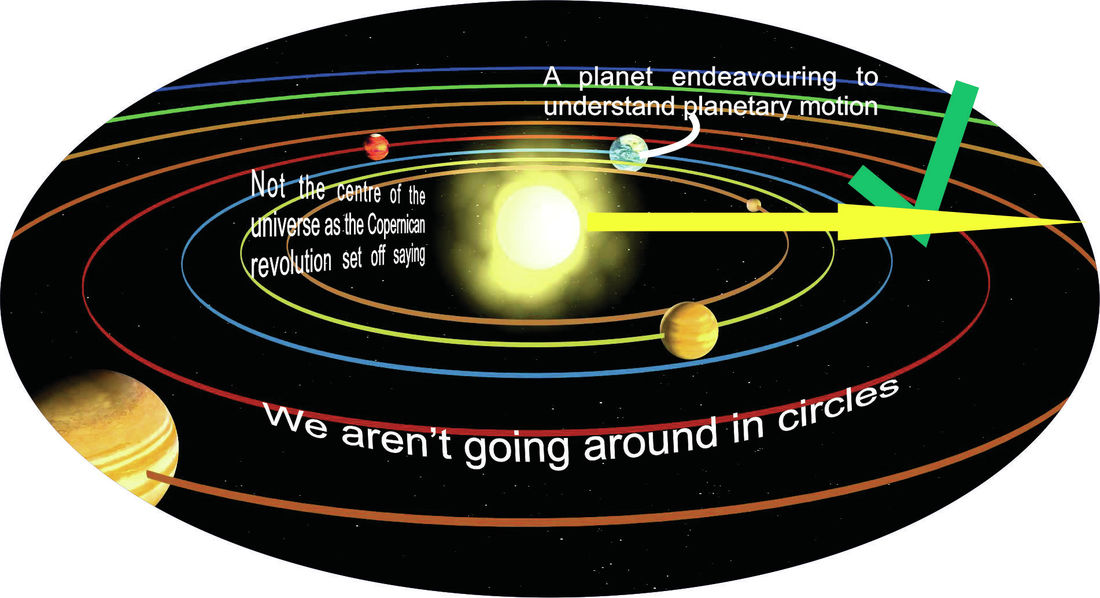****week 17 professors and romantic notions
Credit where credit is due .
In 1727 Sir Isaac Newton died. It's now time for the wake. Wonder what Sir Isaac would make of the world if he was still alive? Would he still want fixed inverse square law physics and mutual gravitation taught around the world by professor after professor?
Reckon he would acquiesce to the discovery of the motion of the whole solar system and wish for the Copernican revolution to transfer to relatively fast moving inverse square laws of finite sizes. Wouldn't hurt those with a university education to give the same question consideration.
If offended, anyone is unreservedly apologised to for stating that a big bang notion of the universe is holding the world separate from getting an understanding of itself. We are living post our impressive discernment of the periodic table of elements. One way or another, the idea of the universe being the work of a supreme intelligence is unlikely to survive another thousand years. If mathematical physicists can't explain how the laws of physics cause a bang, putting a big bang in the place of that supreme intelligence idea would be life on earth being unnecessarily stupid.
The only parts of a university degree being challenged are the bits and pieces obscuring the relevance of the discovery of the motion of the stars and Sir Isaac Newton's third law from our tidal considerations. Which of course includes planetary rotation rates considerations.
From a diagram like this you can see why the same face of the moon would always be towards the earth if the moon is being turned by the tidal quadrant of its inverse square law as it cycles the earth. Pity the diagram falls by the wayside when the sun's inverse square law is brought into the picture. If or when the moon leaves the earth, wonder what its rotation rate will be. Our day length, etc, could alter.
The moral of the Copernican story is, if you discover something to be in motion that you had believed to be fixed in space, you have something wrong. Particularly as nothing is fixed in space.
When it comes to galactic planetary motion, in time universities will work out what to do. In future university corridors or wherever, all that needs doing is putting something like "of our fixed sun era" under portraits.
Then find a method to transfer those qualified as mathematical physicists to qualified moving inverse square law physicists. The world goes on as normal with the prospect of moving sun alterations to junior school curricula looming ahead. For mathematical physicists themselves there is a probable internal restructuring. But not much. There is plenty of mathematics to be done. Mathematical accounting loses standing as a reliable or appropriate proof of understanding is about all. Some university courses may lose relevance but not to many mathematical physics professors should need to look for jobs stacking shelves. With due respect to us shelf stacker types, mathematical physicists are more intelligent than us. If they have a moral compass they should be able to adjust to moving inverse square law reality when they enter lecture theatres.
Alternatively, if mathematical physics professors can justify their current craft to the world, best of luck to all concerned.
The time to say "Thank you, Sir Isaac, for having a go at the the tides and planetary motion" has passed. At the university level the time to say "cheerio to your several sleight of hand misconceptions" is the time at hand. After that it's "Hello future" to tomorrow without an apple story explaining the in depth nature of the universe.
Educationally and if they want it, present or future professors have the romantic notion of getting the schoolbooks up to speed about galactic planetary motion and also the equal and opposite nature of the tides in front of them. Really, what a wonderful time to be at an earth university.
If it helps explain the bolt from the blue that this little lot probably is, some of us learn from understanding. In contrast academics learn from understanding what others have understood. And then add to it. Those of us not chasing intellectual recognition or acclaim don't throw our lots in with stuff we hope others have understood. For an academic physicist to not mindlessly accept a three hundred year old acclaimed belief about a falling apple explaining the mutual gravitation of the universe is to look for a job elsewhere. Academia is not based on questioning the accepted is the point. That's been understood. The job of the academic is to make the accepted bigger, bolder and brighter. Which is fine if the accepted was right in the first place.
In general on this matter of difference between the university educated and us lessers, people with more intelligence climbing on board and trying to add to the idea of the universe having come from a big bang is a useless waste of our planet. If those of the planet smarter than the rest of us wake up about Sir Isaac's apple story, a mindset about whether or not the planet is worth the effort to humans should be around the corner. Personally reckon it's a bit of fun. But each to their own. Was born in rural Australia. That probably clouds objectivity about the true value of life on earth. But do like it. Wouldn't throw the baby out with the bathwater sort of thing.
If professors stop professing that every particle in the universe is attracting every other particle in the universe, weather and earthquakes permitting, tomorrow should have a few better days.
If wanted the name is George. George Kingston. Have a lot of respect for life on earth and obviously believe in the value of good understandable knowledge to the planet. Mainly and like anybody else who can see planets can't go both up and down in the sun's gravity at the same time, better value around the place than Sir Isaac Newton's relationship with Johannes Kepler's three laws of planetary motion.


